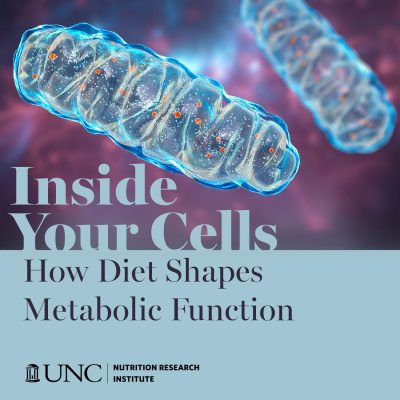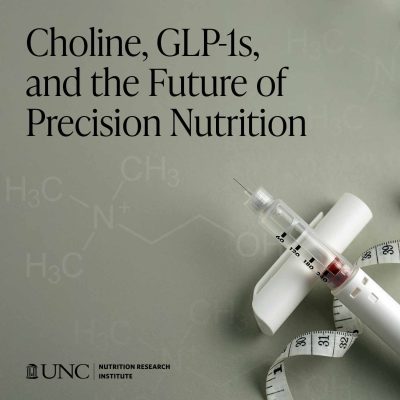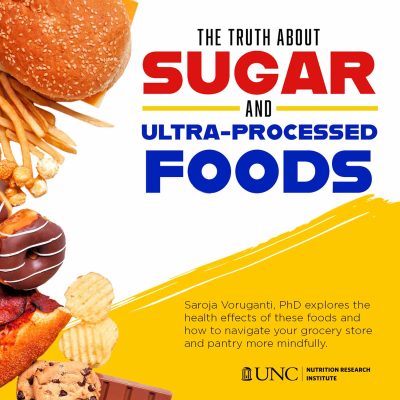Microbiome and Nutrition
The complex community of bacteria, yeasts and viruses living in our intestines, collectively known as the gut microbiome, is shaped, in part, by what we eat. Genetics, environment, and other factors also influence an individual’s microbial community. Research at the NRI investigates these complex relationships and their impact on disease risk. We use animal models and bioinformatics to study the associations between nutritional metabolites, gut microbiome, and health. What happens in the gut doesn’t stay in the gut. Your microbiome can play a role in cardiovascular disease, obesity and diabetes, and even cancer. Our team envisions a future where analysis of your microbiome can determine disease risk, and medical foods can be prescribed to treat and prevent disease by regulating the microbiome.
Publications
Microbiome and Nutrition Publications
2020
Population studies of TMAO and its precursors may help elucidate mechanisms. Meyer K
2019
Association of dietary patterns with the gut microbiota in older, community-dwelling men. Meyer K
2018
Meta-analysis of human genome-microbiome association studies: the MiBioGen consortium initiative. Meyer K
Human microbiota, blood group antigens, and disease. Sumner S
2017
Trimethylamine N-Oxide, the Microbiome, and Heart and Kidney Disease. Zeisel S
2016
Diet and Gut Microbial Function in Metabolic and Cardiovascular Disease Risk. Meyer K
Antibiotic-mediated gut microbiome perturbation accelerates development of type 1 diabetes in mice. Sumner S
Related News
Testing January 2026
This is a test.Brooke is fabulous.Dogs have long been cherished as companions, and it is easy to understand why. From the moment a dog enters a home, it brings an unmistakable warmth that transforms the atmosphere. Their wagging tails, eager greetings, and joyful...
Five Nutrition Tips That Make a Big Difference in the New Year
Five Nutrition Tips That Make a Big Difference in the New YearThe UNC Nutrition Research Institute (NRI) conducts innovative research in precision nutrition to understand why people respond differently to food. By combining scientific discovery with community outreach...
Inside Your Cells: How Diet Shapes Metabolic Function
Inside Your Cells: How Diet Shapes Metabolic Function[post_date]Saroja Voruganti, PhD, Professor of Nutrition, continues her work building a nationally and internationally recognized research program in nutritional genomics at UNC. She is the co-Director of Precision...
You can shape the future of nutrition research
Your support helps us train the next generation of scientists, uncover how nutrition shapes lifelong health, and bring research from the lab to real-world impact.
Choline, GLP-1s, and the Future of Precision Nutrition
When researchers move beyond a one-size-fits-all approach and engage families as true partners, they can design interventions that reflect real experiences and lead to meaningful, lasting change.
Unpacking Ultra-Processed Foods
When researchers move beyond a one-size-fits-all approach and engage families as true partners, they can design interventions that reflect real experiences and lead to meaningful, lasting change.







